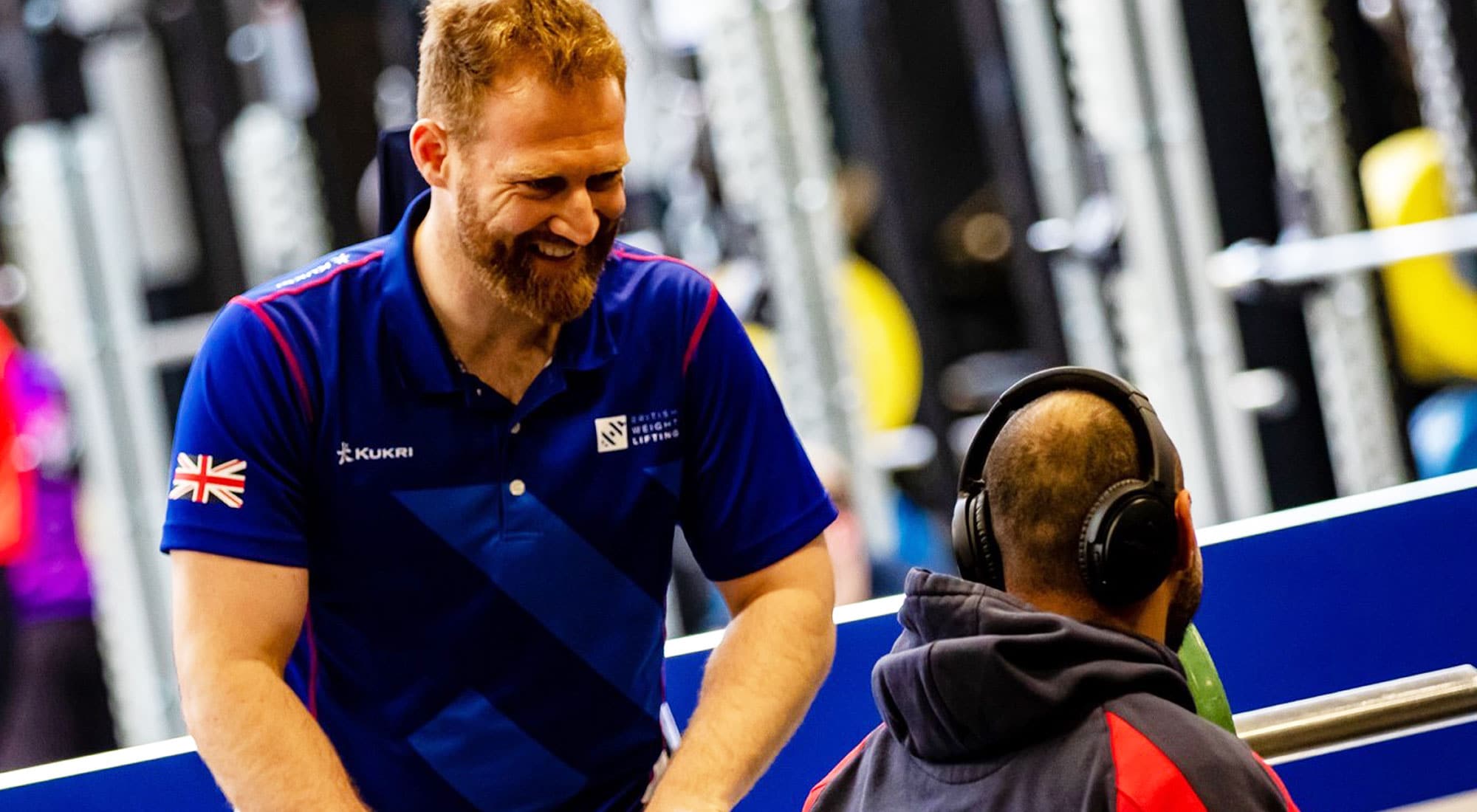By Tom Whittaker, Paralympic Performance Director, British Weight Lifting
National Fitness Day is driven by ukactive, and 2020 will see the campaign help the UK bounce back from COVID-19 with the theme ‘Fitness Unites Us’, which provides the perfect platform to showcase the physical activity sector and promote the many benefits of an active lifestyle.
British Weight Lifting will use the week to showcase the sport of Olympic Weight Lifting, encouraging people to get involved, sharing strength exercises that can be completed at home or at the gym, and highlighting stories from its athletes and community.
COVID-19 has had an impact on the lives of everyone and there is no magic pill that will help to ‘boost’ our immunity against coronavirus, however, the good news is that there are many ways we can give ourselves the best possible chance of operating at optimum health and fitness levels.
To stay healthy, the Chief Medical Officer advises that adults aged between 19 and 64 should try to be physically active every day – including strength exercises on two or more days a week that work all the major muscles, ie legs, hips, back, abdomen, chest, shoulders and arms.
The wonderful thing about resistance training is that the list of health-related benefits goes on and on. Right now, under current circumstances, there is no better time to reflect on how we can stay healthy or start the journey towards better health and wellbeing. Especially if we are recovering from operations and/or illness. We can always improve and protect ourselves for the future.
It’s very intuitive, we all know and feel better after a single bout of exercise, and resistance training is no different. It has been documented to reduce depression and help maintain positive mental health. Interestingly, there is also a link between low muscle mass and dementia in elderly populations. Get lifting!
There are several soft tissue benefits from ongoing resistance training. Post-operative patients benefit from loading muscles and tendons. High quadriceps strength is positively correlated to physical activity levels. Post-operative resistance training improves muscle mass and in elderly populations and can significantly improve quality of life via increasing independence. It’s also been shown that very frail adults can significantly improve muscle mass, strength and quality of life. Tendons also benefit from loading, increasing in cross sectional area so they can do a better job of helping muscle move the skeleton.
Resistance exercise not only helps the mind and body in the ways described above, but further research suggests it has a positive impact on the risk of disease. The risk of modern day diseases like cancer, metabolic syndromes and cardiovascular disease all take a bashing when we take part in regular resistance exercise as well as cardio. We improve our resilience to these diseases and help stop them returning once recovered.
The even better news is that resistance exercise can be performed anywhere. We can use our body as the load or handle external weights.
A great example of an exercise that can be manipulated for all people and environments is the bench press or its derivatives. For those more comfortable with a fixed-arm position, press-up variations are the best place to start, either from your knees or feet before increasing the load or playing around with hand position to target the triceps of chest more (wider for chest and narrower for triceps).
For those looking to start lighter, a partial bench press movement (floor press) can be performed on the floor with a barbell, dumbbells or household items that weigh the same. Lay on the floor and lower the weights until your elbows touch the floor, then press to arm’s length. For those with gym access or a home gym, you can perform the traditional bench press with various grip variations, loads and tempos to get the desired outcome.
The main reason for using the bench press is that it’s a great exercise for developing general upper body strength.
Some important tips:
- Work with someone qualified who can instruct you
- Move through a large ranges of movement
- Maintain good form at all times
- Pick movements and muscles to train which you will benefit from
- Try and do a little more, either extra repetitions or add a little load each week/fortnight, or each time you repeat a work out.
- Only do what you can recover from and give yourself plenty of rest in between sessions
- Try to sleep and eat well to help recovery.
Follow British Weight Lifting’s Instagram page where we will be encouraging people to get involved in the Great British Week of Sport and National Fitness Day, sharing strength exercises and highlighting stories from the world of weightlifting.
For more information about the Great British Week of Sport, including finding an activity or registering your event, click here.

More People More Active More Often




